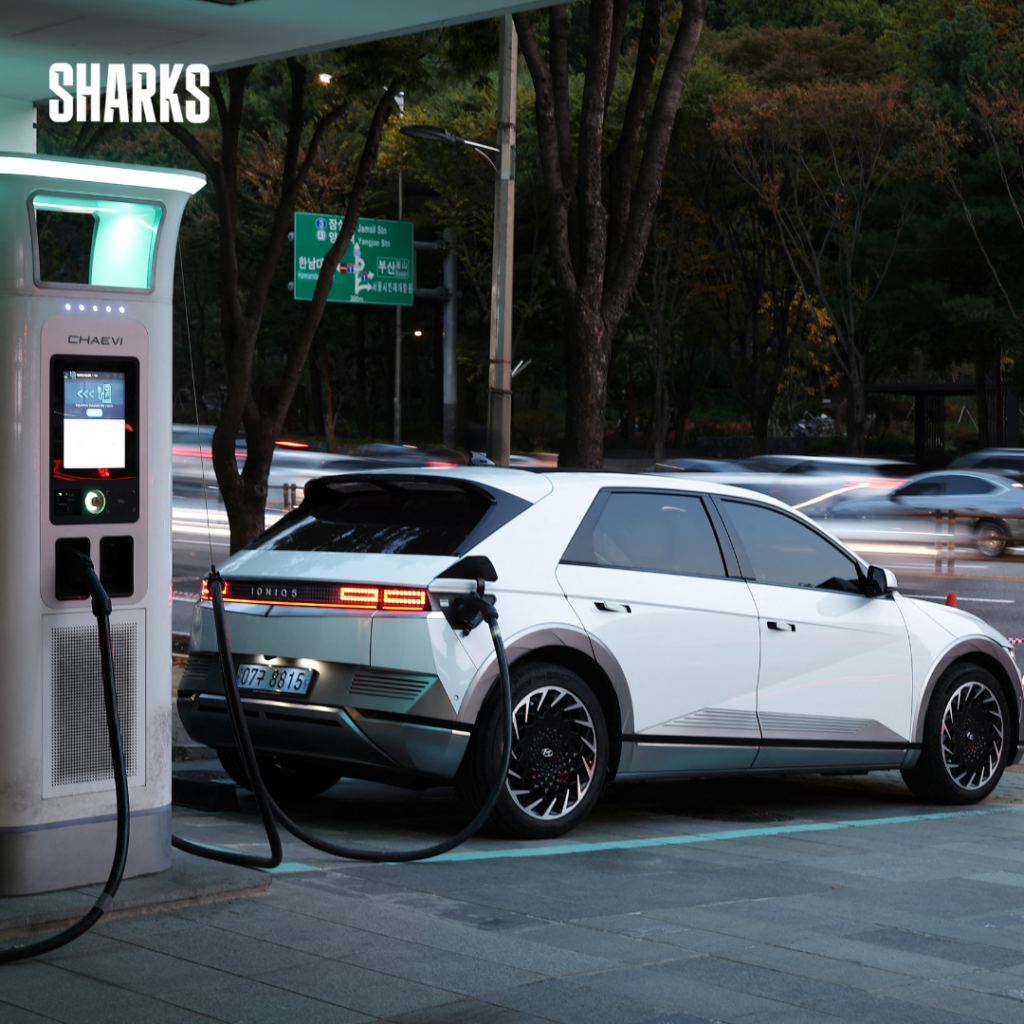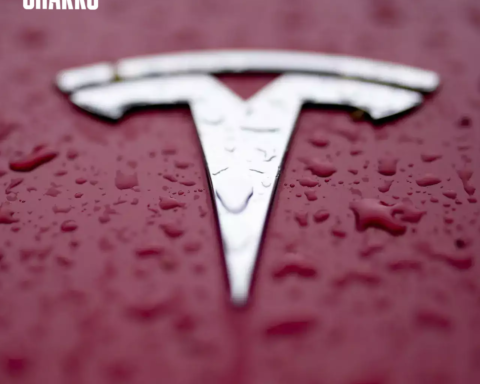South Korea Fast-Tracks EV Battery Certification to Address Safety Concerns
The South Korea government and ruling party have advanced the implementation of a new electric vehicle (EV) battery certification scheme.

South Korea’s government and ruling party have accelerated the introduction of a new electric vehicle (EV) battery certification program, responding to public safety concerns following high-profile EV fires. The updated timeline aims to address safety issues and restore confidence in EV technology.
Starting in October, the South Korean government will implement the battery certification scheme earlier than planned. This move is intended to enhance the safety of EV batteries and mitigate the risks associated with potential battery failures. Han Zeea, a spokesperson for the People Power Party, announced the new timeline and outlined additional measures to ensure EV safety.
New Requirements for Automakers:
As part of the revised safety protocols, automakers operating in South Korea must disclose information about the batteries used in their electric vehicles. This measure follows a significant EV fire incident on August 1, which raised public alarm.
The blaze, originating from a Mercedes-Benz EV equipped with Farasis Energy batteries, destroyed or damaged approximately 140 vehicles and forced residents of nearby apartments into temporary shelters. The fire, which took eight hours to extinguish, underscored the urgent need for enhanced safety measures.
Voluntary Disclosure and Industry Response:
In response to the fire, some car manufacturers have voluntarily started naming the battery manufacturers used in their EVs. Although South Korean battery producers have generally supported disclosing battery sources, they have cautioned against assuming that batteries are the sole cause of EV fires.
Industry sources have noted that identifying battery sources might offer consumers more choices. Still, it does not necessarily guarantee enhanced safety due to the lack of conclusive data on which battery brands are more prone to fires.
Additional Safety Measures:
Along with the battery certification program, South Korea will revise fire safety regulations to include installing wet pipe sprinkler systems in underground parking areas with EV charging stations. The government will also expand the availability of chargers designed to prevent overcharging, further contributing to overall vehicle safety.
Despite recent headlines suggesting otherwise, electric vehicles are statistically less likely to catch fire than conventional internal combustion engines. However, when EV fires do occur, they can burn differently and last longer, presenting unique challenges for firefighting efforts. Experts have noted that EV fires are more prone to reigniting, which complicates extinguishing efforts and requires specialized fire response protocols.
Share This
Tony Boyce is a seasoned journalist and editor at Sharks Magazine, where his expertise in business and startups journalism shines through his compelling storytelling and in-depth analysis. With 12 years of experience navigating the intricate world of entrepreneurship and business news, Tony has become a trusted voice for readers seeking insights into the latest trends, strategies, and success stories.























